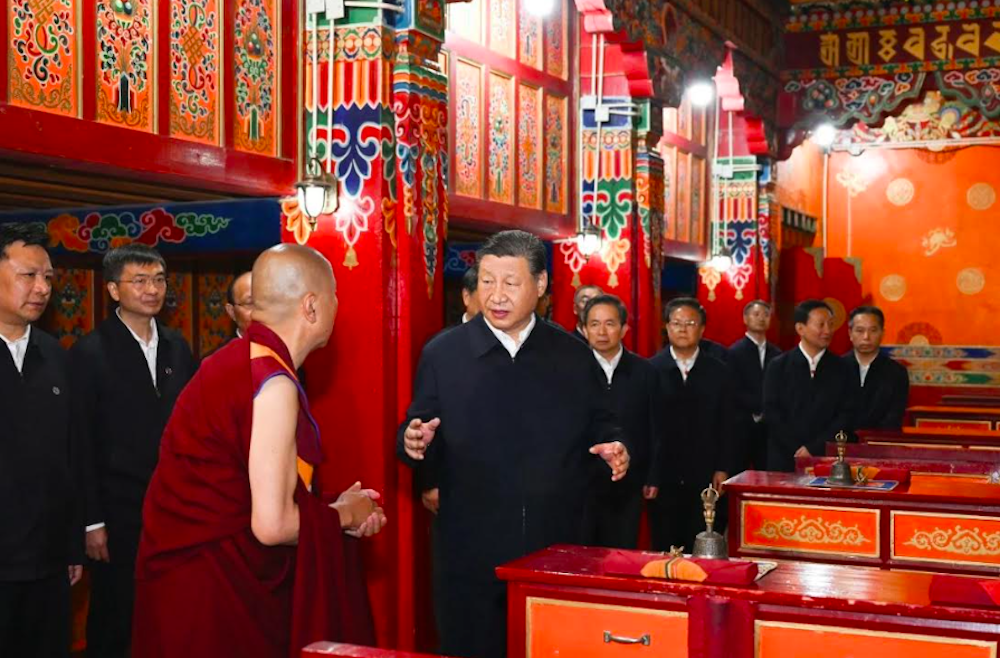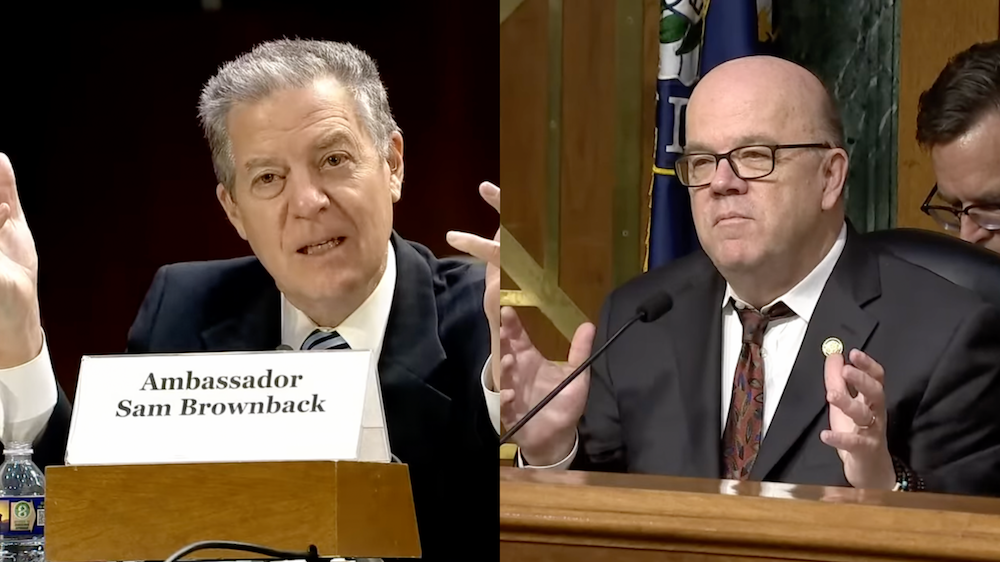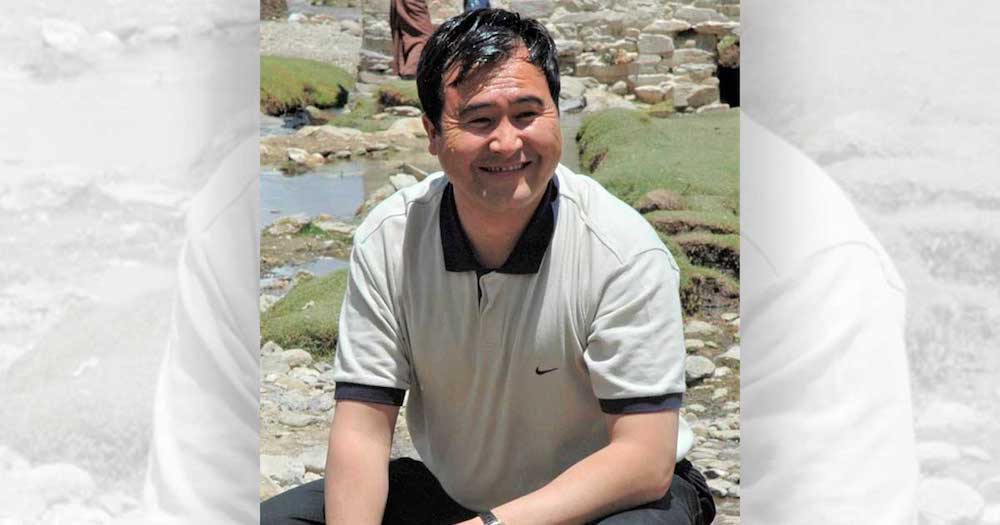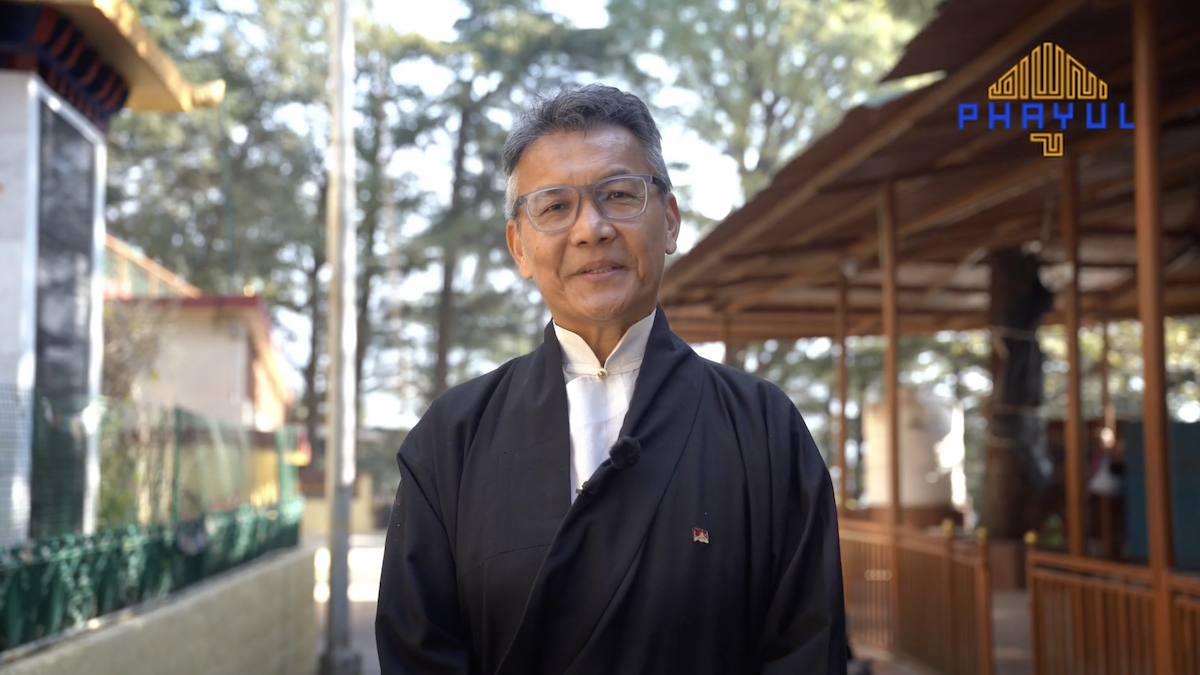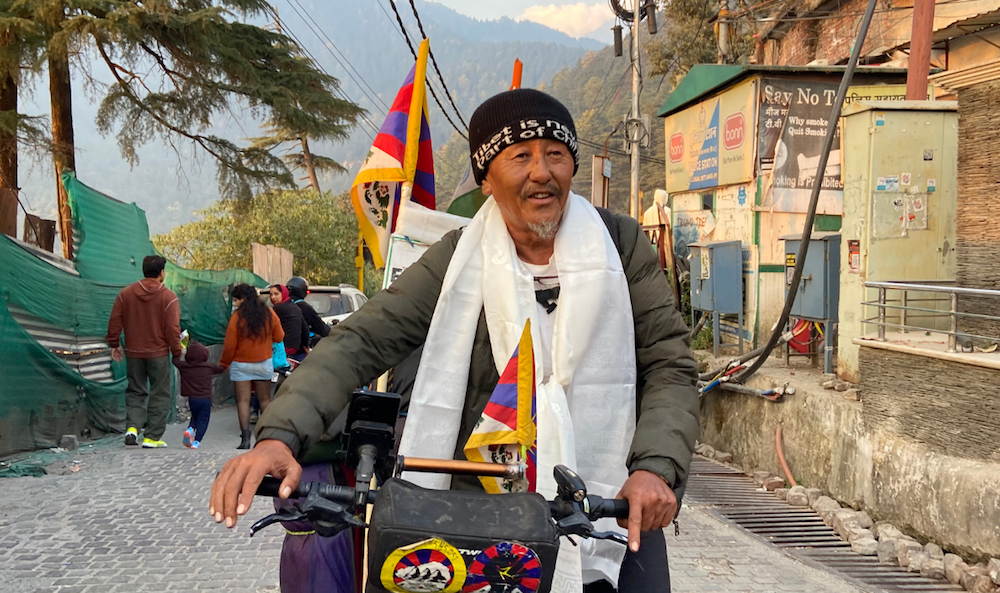Tsering Dhundup
DHARAMSHALA, Sept. 30: Chinese President Xi Jinping has urged tighter regulation and enforcement of religious affairs, declaring that the sinicization of religion is “the only way” to achieve ethnic unity, social harmony, and long-term stability in the country, according to state media.
Xi made the remarks on Monday while presiding over a study session of the Communist Party’s Politburo, where he stressed the need to strengthen laws and policies governing religious practices.
“Governing religious affairs in accordance with the law is the fundamental way to properly handle various contradictions and problems in the religious field,” Xi was quoted as saying by the official Xinhua news agency. He called for enhanced legislation, wider public education on relevant laws, and “strict law enforcement” to curb activities deemed to undermine state control.
Xi said that promoting the “Sinicisation of religions” — Beijing’s policy of aligning all religious traditions with Chinese culture, politics, and socialist values — was central to national integration. He emphasised that religious leaders must be “guided” to reform their doctrines, rituals, and customs in line with Chinese characteristics, while improving their “self-education, self-management, and self-discipline.”
“Religions in China could only be passed down in a healthy manner by always having their roots in Chinese culture,” Xi declared, underscoring the Party’s long standing stance that faith must serve state objectives.
The comments came less than a month after the National People’s Congress began reviewing two key legislative proposals: the draft Law on Promoting Ethnic Unity and Progress and revisions to the Law on the Standard Spoken and Written Chinese Language. Both measures are designed to intensify ethnic integration, particularly by expanding the use of standard Mandarin across occupied regions such as Tibet, East Turkestan, and Southern Mongolia.
China has long restricted religious activity under the banner of national security. In 2017, the government revised its Regulations on Religious Affairs, banning religious groups from engaging in activities deemed to threaten state security or so-called “promote extremism”, forbidding the establishment of religious organisations in schools, and blocking religious organisations from accepting overseas donations.
Analysts warn that Xi’s latest call for intensified controls signals a further narrowing of space for religious freedom in China and its occupied regions, with serious implications for Tibetan Buddhists in Tibet, Uyghur Muslims in East Turkestan, Christians, and other minority faith communities.


